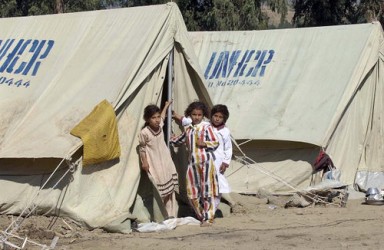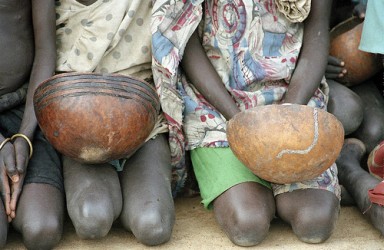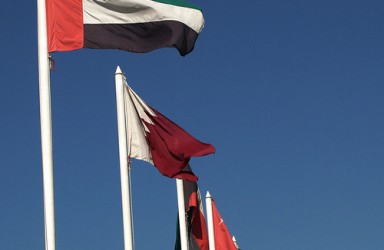EU CAP: An Indispensable Policy for the EU?
Although the major debates focus on EU’s future, the fact that the EU’s CAP consumes a vast share of the EU budget, makes farming in the EU a controversial issue calling for attention.
Protecting Internally Displaced Persons in India
Due to the lack of a national framework for the protection of IDPs, Indian state governments’ responses to such needs are weak, unsatisfactory and dependent on political agendas.
Famine and Undernutrition as Security Issues
Human security is a useful way to study food insecurity, as it moves away from an exclusive focus on the state, whose security does not equate with the security of the individual.
Understanding Regional Integration in the GCC
The literature overlooks factors significant to the development of the GCC, revealing a Western bias that ignores the underlying social, cultural, political, and economic structures.
Are IFIs Adapting to Post-Conflict Environments?
In their rhetoric, the World Bank and the IMF seem to be fully committed to the demands of post-conflict settings, but in practice, the record of the last fifteen years is mixed.
Challenging the Dominant Globalization-Migration Discourse
Financial institutions increasingly view migrant workers as generators of international capital flows, demonstrating the dominance of neoliberalism within development discourse.
Habermas, Dialogue, and Change in the International System
Habermas argues that the nature of dialogue can yield positive change, but can his theory apply to conversations in international organizations?
The Failings of Liberal Modernisation Theory
Liberal modernisation theory is a one-size-fits-all approach towards development, which cannot succeed, given the vast socio-economic and political differences throughout the world.
Is the World Bank Partisan?
The World Bank is fundamentally partisan, not just because of the mercantilist argument that everything in the political is partisan, but also in terms of realist arguments of self-interest and national gains.
Africa’s Burden: Labour Markets, Natural Resources and the FDI ‘Reliance-Rejection’ Paradox
Sub-Saharan Africa is locked in an FDI paradox that prevents it from funding its own development, a problem for which international financial institutions bear much responsibility.










